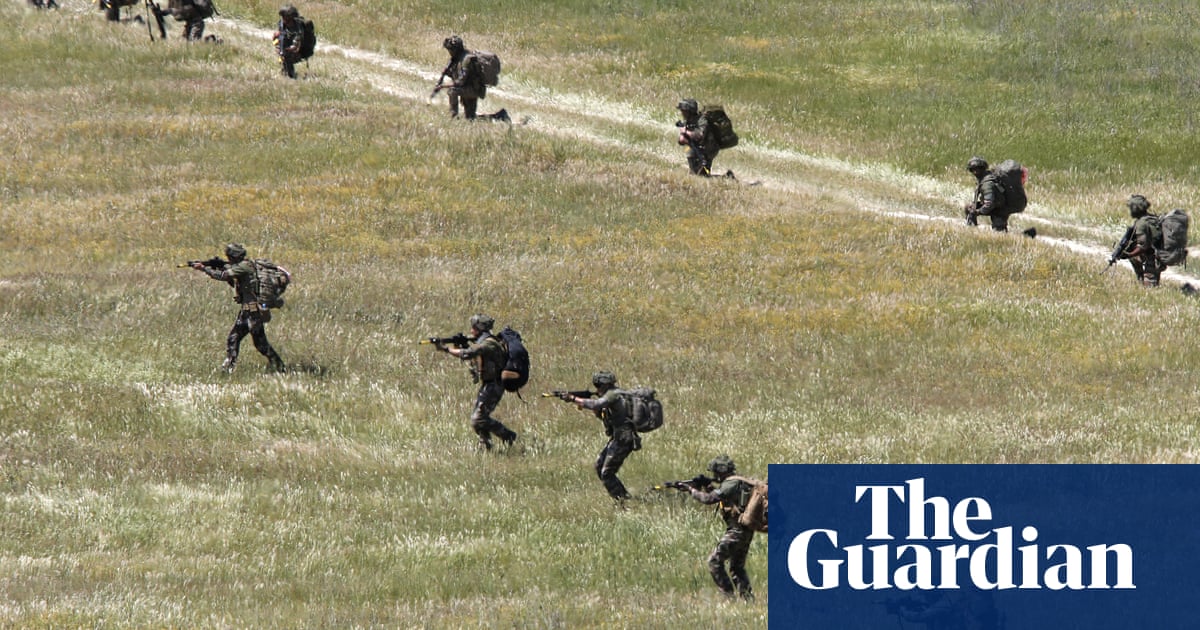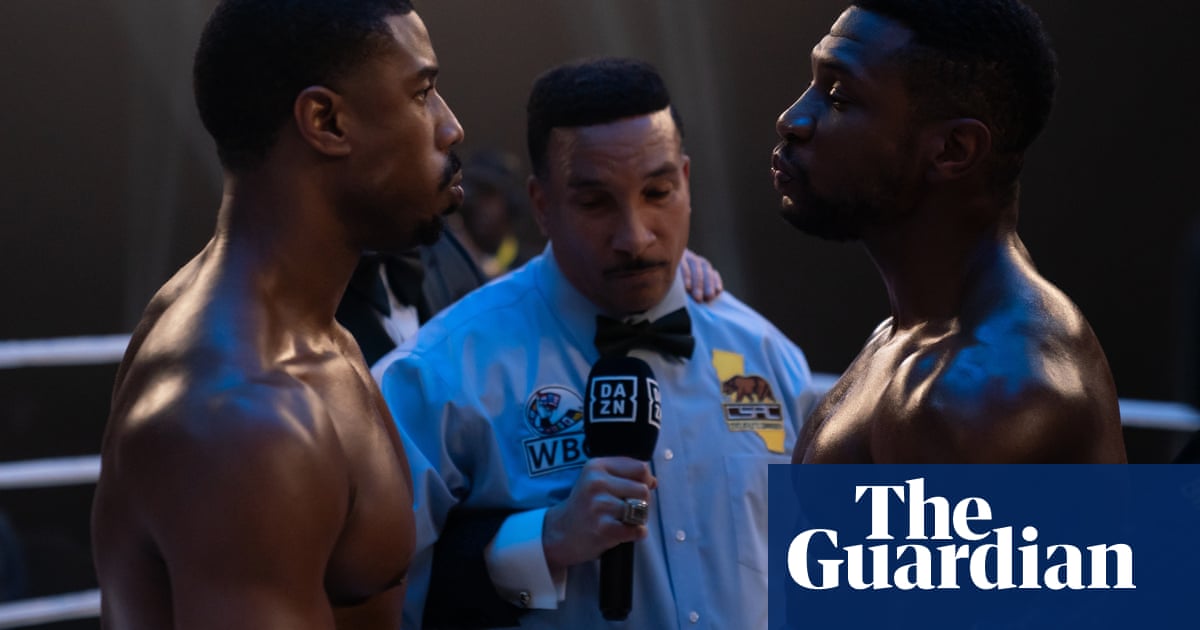
When I was growing up, I loved Leon Uris’ novel “Exodus.” Its main characters are Jews who escape Europe after the Holocaust and participate in the creation of Israel. The book — a huge bestseller in the United States in 1958, second only to Gone with the Wind at the time — and the 1960 film, starring Paul Newman, tell the Zionist story in a dramatic and inspiring way.
The story told in “Exodus” and the Nakba are two sides of the same coin, but the vast majority of Americans know only the Israeli story: One of multiple factors that explain the strong tilt in favor of Israel in US Middle East policy.
Living in the middle of the US, from a young age I was deeply interested in the Middle East and determined to study the region. I had no ancestral, ethnic, or — so I thought — religious ties to the region. Thus, as I consumed news, books and college courses on the Middle East and the Israeli-Palestinian conflict, I believed myself to be an impartial student.
In 1999, I finally had the opportunity to go to the region as part of a study abroad program through the School for International Training. The program took me and seven other students to Israel, Jordan and the Palestinian territories. Before I left, the program leader asked that each student write a letter to himself or herself identifying the biases we carried with us into the program. Some of the students came from Jewish or Muslim backgrounds, and I thought that they naturally held biases they would have to consider. However, in my own letter, I wrote that I had no bias regarding the Israeli-Palestinian conflict. Over the next few months, I learned how naive that was.
On the study abroad program, I learned more about Israel. I studied Israel’s culture and politics and met Israelis with a variety of religious and political viewpoints. I went to Yad Vashem — Israel’s Holocaust remembrance center — and better understood the horrors that fueled the feeling of a need for Jews to have their own homeland where they could defend themselves. I learned a great deal but also realized that I had known a lot about Israel before visiting the country. As an American with an interest in the Middle East, I did not encounter much in Israel that was especially surprising.
As I encountered Palestinians, however, I realized how little I had known or understood of both their historical and current experiences, despite all my previous efforts at study. I encountered Palestinians who were Christian and Muslim; who lived in the West Bank, Jerusalem, Gaza and Jordan; who held papers that allowed them to travel around the world or were trapped in the West Bank or Gaza; who were determined to stay and struggle to build a life in the territories or who were desperate to emigrate; who believed in a two-state solution or did not; who were refugees or had managed to maintain their family’s traditional home; who were culturally conservative, liberal or somewhere in between.
As an American, my views of the conflict had been shaped by news media that mostly told the Israeli perspective and regularly expressed skepticism about Arab and Palestinian viewpoints.
Kerry Boyd Anderson
I saw a lot with my own eyes, which was critically important. I traveled with Palestinians in shared taxis through Israeli military checkpoints and could feel the fear and humiliation when the soldiers pulled some out while the rest of us went on. I met a little Palestinian girl in Hebron with a scar on her forehead where Israeli settlers had thrown a rock at her. Years later, when I went back to the region, I saw the wall that was dividing Palestinian communities and looming over their lives. I saw and experienced many happy moments, too, among Israelis and Palestinians and occasionally even between them.
Perhaps the most important lesson I learned was that I had come to the region with deeply embedded bias. As an American, my views of the conflict had been shaped by news media that mostly told the Israeli perspective and regularly expressed skepticism about Arab and Palestinian viewpoints.
Furthermore, along with nearly all Americans, I had lived in a culture filled with entertainment and ideas that are sympathetic toward Israel, such as the ones expressed in the book and movie “Exodus.” One of several reasons that the Palestinians have long struggled to gain sympathy and support among the American public is that there is no parallel depiction of the Nakba featuring an iconic, all-American film star like Newman. There are no compelling, romantic books, television programs or movies tailored to American audiences that would create deep sympathy for the suffering, displacement and trauma of the Nakba.
In the few situations in which Americans might learn something about the Nakba, the story struggles to take root among a population that is primed to give more credence to the Israeli perspective than the unfamiliar Palestinian one. For me, it took meeting Palestinians and seeing their daily situation with my own eyes to shake off the bias that previously would have made me skeptical of Palestinians’ stories about the Nakba, other parts of their history and what they deal with today.
My first experience in the Middle East taught me the danger of failing to see the full humanity in a group of people and of refusing to listen to their stories with an open mind. As Palestinians now commemorate the Nakba, I hope more Americans will hear their stories, better understand both sides of the coin and wish for peace equally on behalf of Israelis and Palestinians.
Kerry Boyd Anderson is a writer and political risk consultant with more than 14 years’ experience as a professional analyst of international security issues and Middle East political and business risks. Her previous positions include deputy director for advisory with Oxford Analytica and managing editor of Arms Control Today. Twitter: @KBAresearch












